Switzerland moves up press freedom ranking amid global slide
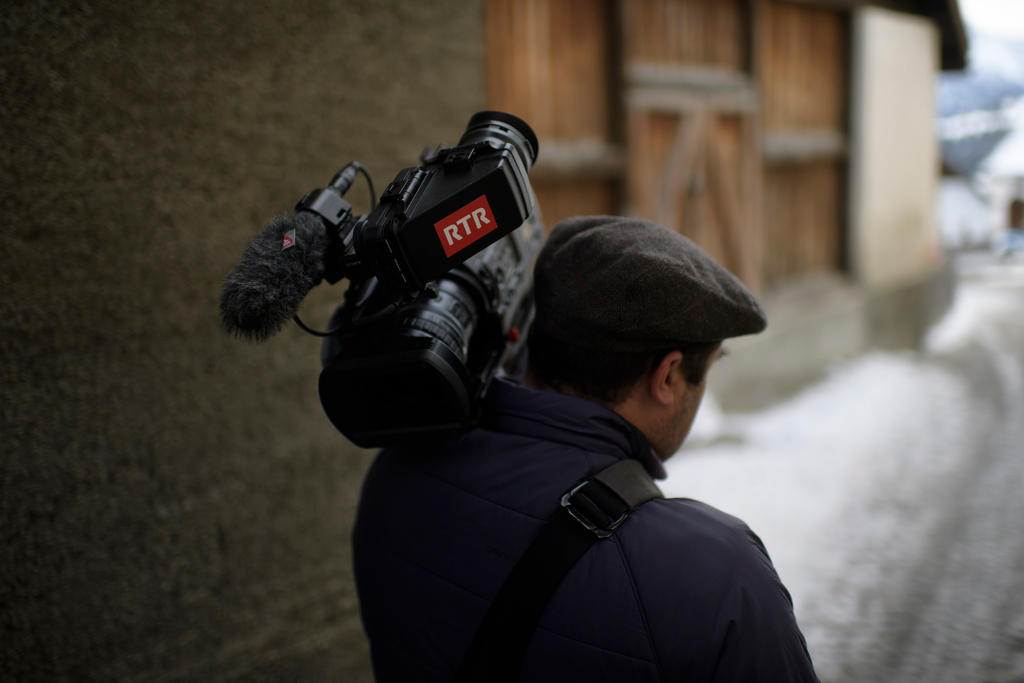
Switzerland has risen from seventh to fifth in this year’s World Press Freedom Index of 180 countries compiled by Reporters without Borders (RSF). This comes, however, in a deteriorating environment for journalists worldwide, including in Europe.
Prem Samy, who is in charge of the index at RSF, says there are two reasons behind Switzerland’s riseExternal link. “This year was a bit more optimistic for Switzerland, because the No Billag initiative, which was a threat to public TV and radio, was rejected by referendum,” he told swissinfo.ch.
The second reason for Switzerland’s rise is “purely mechanical”, he says, because with countries like Costa Rica and Denmark dropping down, others move up.
While the “No Billag” initiative was a “threat that didn’t happen in the end”, Samy says the Swiss context “is still a bit dangerous in terms of pluralism and the restructuring that is coming, especially for ATS [the Swiss News Agency]”.
+Read more about job cuts at SDA-ATS
Asked about the trend towards concentration in the Swiss media, Samy says this is “a major threat for a large number of media, particularly in Europe but also in other parts of the world like South America.” But he says the phenomenon is not as pronounced as in France, for example. “It’s a potential threat, but still the press remains large and diverse in Switzerland, and that should be recognised,” he says.
Norway remains top of the rankings, with Sweden in second place. North Korea and Eritrea remain at the bottom.
RSF says this year’s indexExternal link reflects “growing animosity towards journalists” and the fact that “hostility towards the media from political leaders is no longer limited to authoritarian countries like Turkey and Egypt.”
“More and more democratically elected leaders no longer see the media as part of democracy’s essential underpinning, but as an adversary to which they openly display their aversion,” it continues.
“We can talk obviously about Trump and his tweets insulting journalists,” says Samy. “There is a context of hate speech, but that leads to physical violence. There’s a huge amount of aggression against journalists in the US, but not only. It encourages people in other countries who already have a low opinion of journalists, for example in the Philippines or in Turkey.”
He also gave the examples of India and Malta, which both saw a journalist being killed this year after being threatened.
Regional indicators are worsening. “It’s in Europe, the region where press freedom is safest, that the regional indicator has worsened most this year,” says RSF. “Four of this year’s five biggest falls in the Index are those of European countries: Malta (down 18 at 65th), Czech Republic (down 11 at 34th), Serbia (down 10 at 76th) and Slovakia (down 10 at 27th). The European model’s slow erosion is continuing.”

In compliance with the JTI standards
More: SWI swissinfo.ch certified by the Journalism Trust Initiative
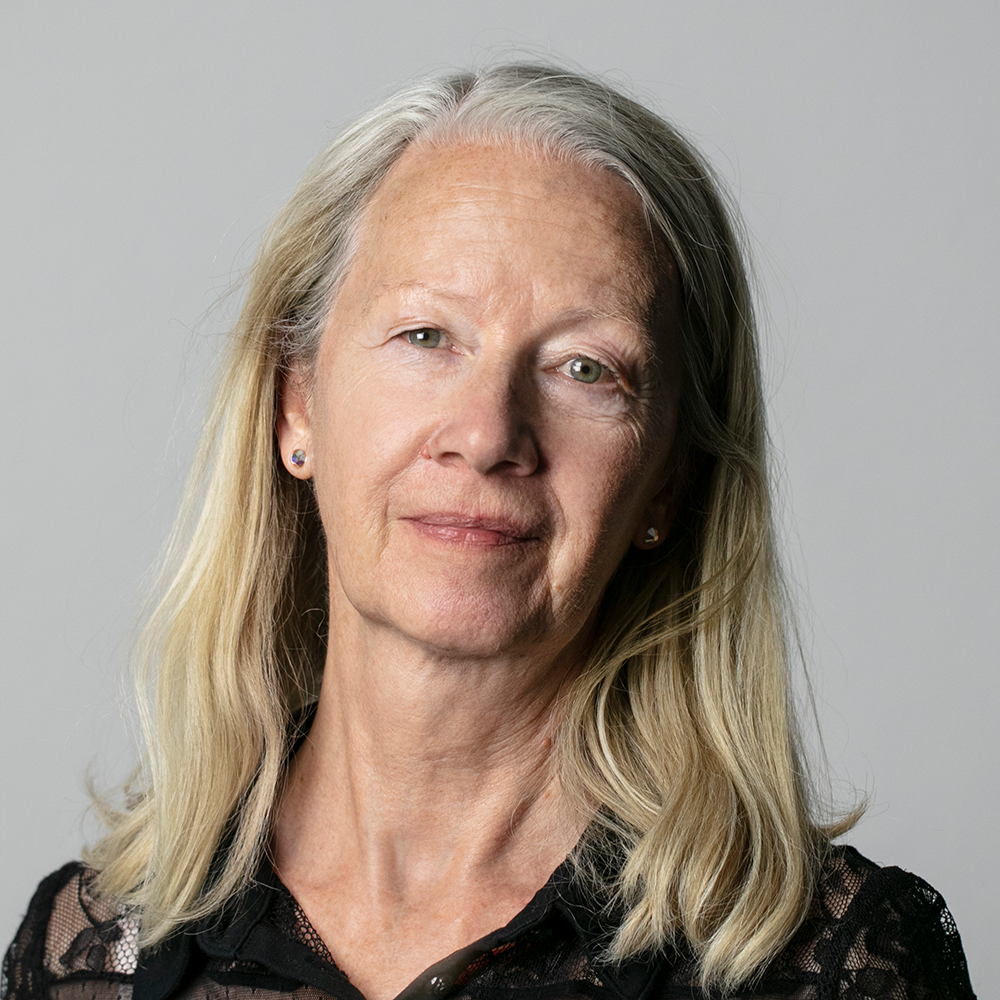
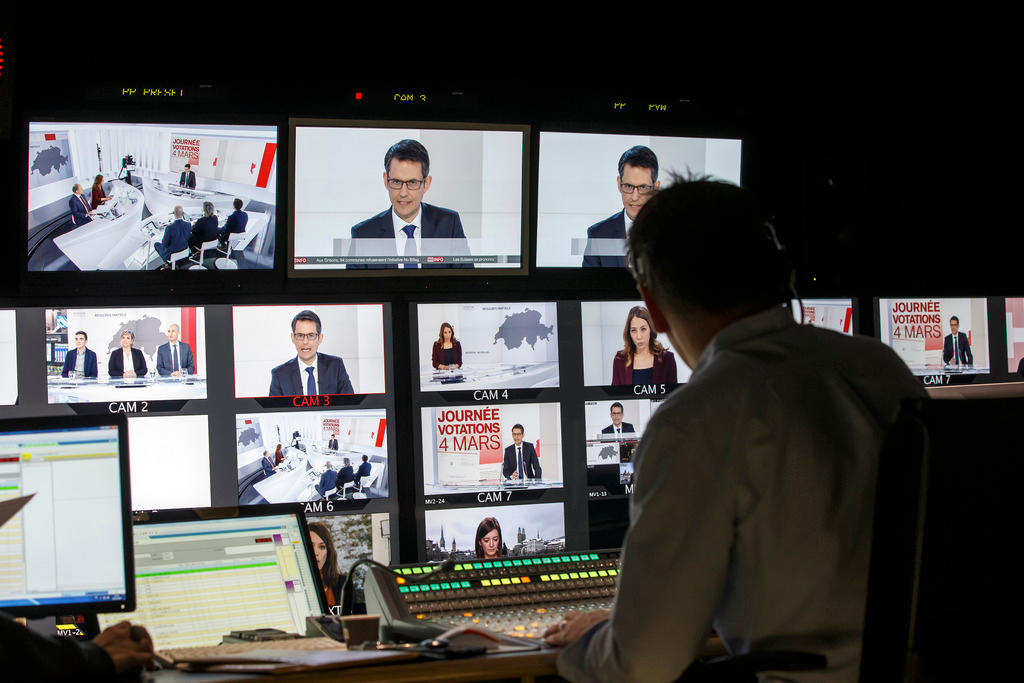

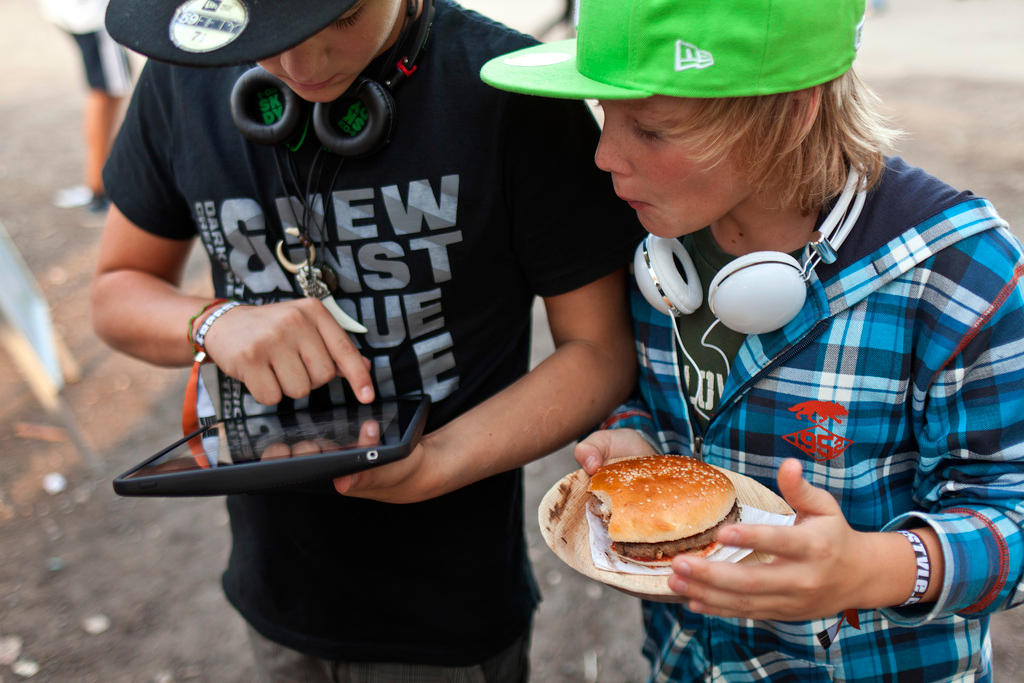
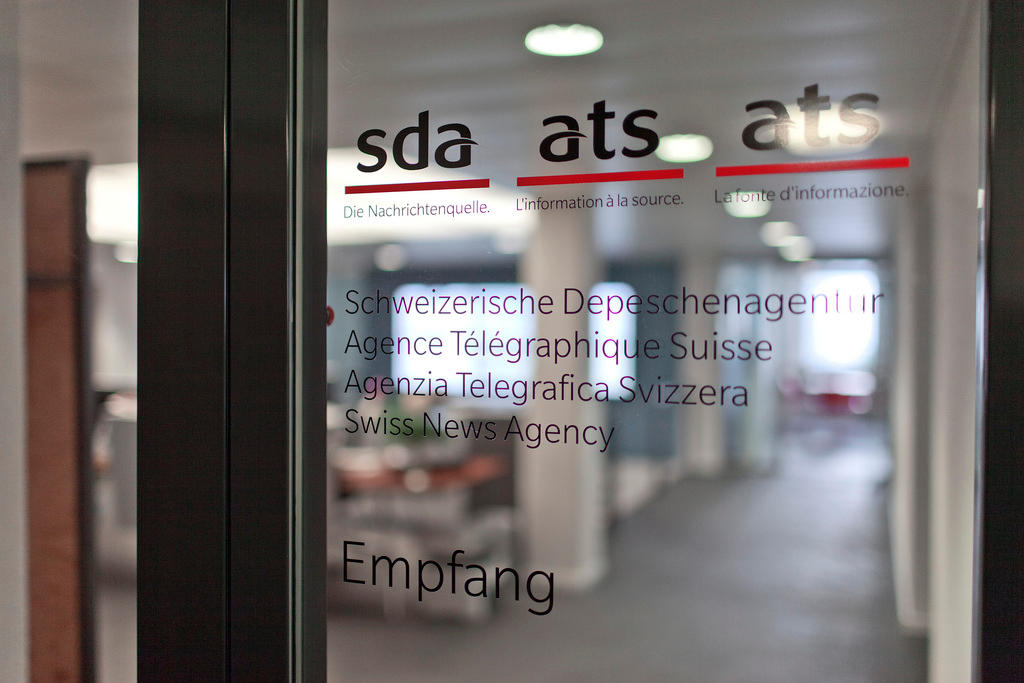
You can find an overview of ongoing debates with our journalists here. Please join us!
If you want to start a conversation about a topic raised in this article or want to report factual errors, email us at english@swissinfo.ch.